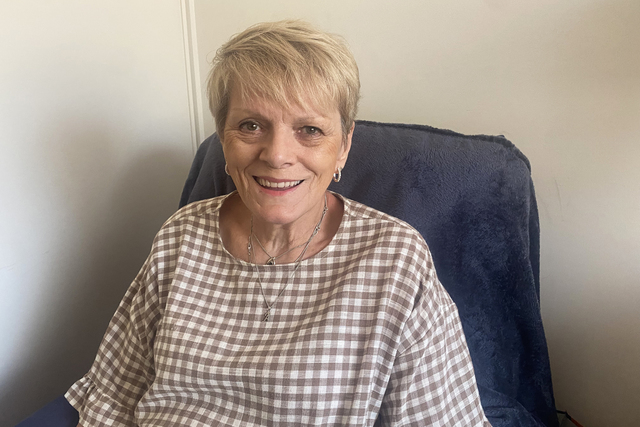Three western suburbs hospitals will be among the first in Australia to benefit from a new self-harm monitoring system designed to provide up-to-date data on self-harm presentations in emergency departments.
The system is being developed by researchers at Orygen and will provide critical information on who is presenting with self-harm, their methods of self-harm used and the treatment they received.
Western Health’s Sunshine, Footscray and Williamstown hospitals are among seven hospitals that will have the system in the initial roll out.
Associate Professor Jo Robinson, who heads Orygen’s suicide prevention research, is the project lead. She said that unfortunately, rates of suicide are still increasing among Australia’s young people.
“Self-harm also appears to be increasing and is a key indicator of future suicide risk as well as being associated with other adverse outcomes,” she said.
“Many young people who engage in self-harm don’t seek professional help, but when they do, emergency departments are often a first port of call, and many young people report substandard responses from staff when they present there.”
Associate Professor Robinson said the period following discharge also represents a time of elevated suicide risk.
=“To date, there is limited high quality data that exist on rates of presentation to emergency departments for self-harm and how it is treated,” she said.
“These types of self-harm monitoring systems have been developed elsewhere in the world but this is the first of its kind in Australia, bringing us in line with international best practice.
“Ultimately, we hope it will lead to far better outcomes for young people who self-harm.”
The self-harm monitoring system will use an automated method to collect data that includes the use of machine learning and information collected when a young person presents to triage.
Once fully operational, the system will provide accurate and timely information on all self-harm presentations to participating emergency departments.
“It will have the capacity to both inform and evaluate future clinical practice and policy development in Victoria,” Associate Professor Robinson said.
“Because the data will be collected over a long period of time, it will also be a key mechanism through which policy initiatives such as the development of aftercare services, and the recommendations from the Victorian Royal Commission into Mental Health can be evaluated,”
The research is supported by funding from the Victorian Department of Health and Human Services, The William Buckland Foundation, and Future Generations Global.
If you or anyone you know is in need of support, contact Lifeline on 13 11 14 or Kids Helpline on 1800 55 1800.







